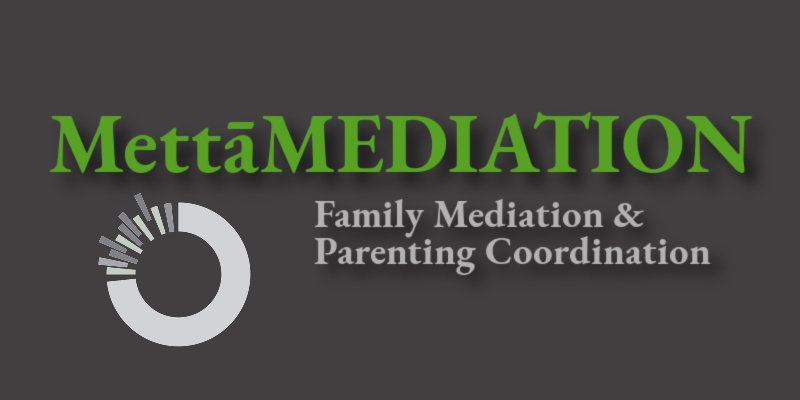What happens at the end of a successful family mediation?
Imagine that you chose family mediation to resolve your outstanding separation-related issues and that your efforts were successful. You managed to do this either in a single, longer mediation session or in a series of meetings during which the outstanding issues were addressed, one by one. What happens now?
The answer depends on a number of factors. The first question to consider is whether lawyers are involved. Let's treat this as our first scenario. Generally speaking, when the parties have lawyers who actually participate in the mediation session(s), they work with the mediator on crafting a document which the parties will sign before the sessions end, and which will represent a binding agreement between them as to the outstanding issues. That document can have a number of different names and can vary in content but most commonly, such a document is called Minutes of Settlement or an Agreement. In practical terms, this document sets out, usually in skeletal terms, the various elements of the parties’ agreement, and it ends with the parties’ signatures so that the document can represent, and be, a binding settlement between them. This document often refers to the drafting at a future date of an actual Separation Agreement that will incorporate the terms of this document but flesh out those terms in further detail and also, importantly, contain various releases which are essential when both married or common-law couples separate. Importantly, the document signed by the parties at the end of the mediation sessions is a binging agreement between them. There is considerable incentive to signing such a document before the mediation ends to clarify and solidify the terms of agreement between the parties so there is no risk of either of them changing their mind the next day, for example, resulting in wasted time, effort and cost relating to the mediation session(s).
As a family mediator, I have also worked with couples who come to family mediation without counsel. Sometimes, they each have a lawyer in the background but the actual negotiations take place directly between the parties, with my assistance, but without the lawyers present. There are also situations in which self-represented parties come to me for family mediation, and then once they agree in principle on the settlement terms between them, they each go to see their own lawyer to receive independent legal advice on those terms. Generally speaking, in both of those situations, the document generated at the end of successful mediation is called an Agreement in Principle. This document is essentially a recital by me of the terms discussed and agreed-to in discussion but importantly, this document is not signed by the parties and is not legally binding on them. Put differently, the terms are binding on the parties only once they have each had independent legal advice and the lawyers “sign off” on the terms and secondly, once they both sign a further document, in appropriate form. Keep in mind that the content and format of this second document will depend on whether or not the parties already have a court case ~ and this comment also applies to the situation outlined above where the parties come to the mediation sessions with their lawyers.
Sometimes, the parties and their lawyers agree that I will remain involved with them, as family mediator, either in the short-term, the long-term, or both. For example, the parties may empower me to assist them in working out any disagreements related to the drafting of the Minutes of Settlement or a Separation Agreement, for example. In other instances, I am named as the mediator of any future disputes between the parties arising out of the terms of their agreement in initial mediation with me. If I am not named by the parties in their document to assist in either of those issues, then my role is at an end when the parties settle their case.
If you are unclear as to any further steps in your family mediation, at any point, it is important that you put your questions either to the family mediator or to your lawyer. This is your life, and you likely have a lot at stake when you mediate, so it is vitally important that you understand what is happening and that you have a sense of control over all of the steps.
If you have any questions about our mediation or parenting coordination services, please contact Carolyn and she will answer them for you.
©AJJakubowska

